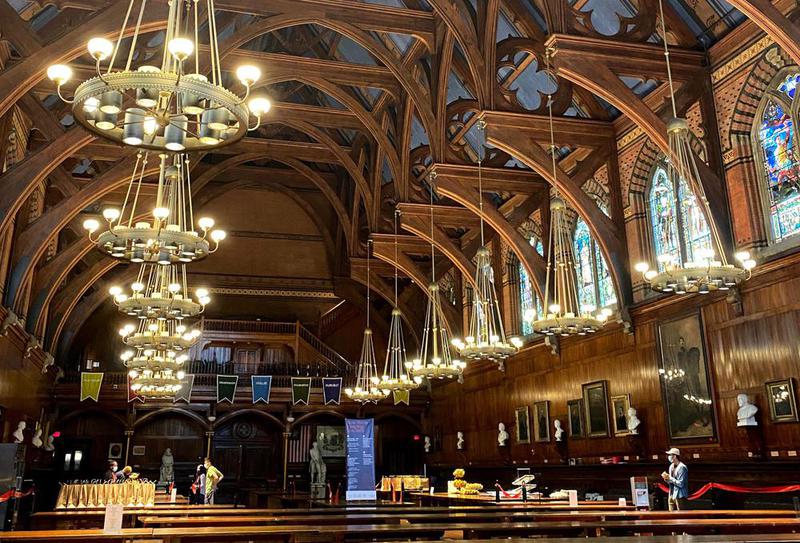


Mila Barry is a journalist, poet, and community organizer. She spent her high school years writing for Gloucester High's newspaper, The Gillnetter, where she received multiple awards for her pieces through SNO (School Newspapers Online) and one NSPA (National Scholastic Press Association) Award for Outstanding COVID-19 Coverage. She’s also been recognized for her poetry, prose, and photography through the Boston Globe’s Scholastic Art and Writing Awards. Mila is the founder and leader of Art for Equity, a student collective that advocates for racial equity in education. The group increases LGBTQ+ and BIPOC visibility in school spaces by making public art and providing thoughtfully compiled books and resources to teachers in her hometown, Gloucester Massachusetts. She is a first year at Harvard College where she intends to major in Social Anthropology or Women, Gender, and Sexuality Studies.
Mila can be contacted at milabarry@college.harvard.edu or at mila.barry@thecrimson.com.









